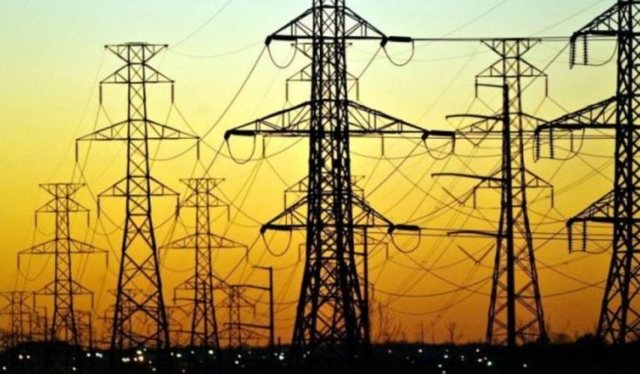
Kosovo Presidency opposes proposal to increase electricity prices


The Presidency of Kosovo announced on Friday that it opposes the proposal to increase the price of electricity, considering that it is not in line with the legal framework that obliges the Energy Regulatory Office (ERO) to take care of consumer protection and ignores the economic situation in the country.
The Presidency's reaction came after ERO's warnings about an increase in the price of electricity in the country by about 15 percent next month.
"In the wake of a potential increase, we recall that the increase in tariffs cannot be done as an isolated process, but must take into account the development context and the aspect of well-being in the country. This requires a thorough analysis of the circumstances, also focusing on consumer protection and the current economic situation," the statement from the Presidency of Kosovo said.
Among other things, the statement mentioned that although the proposed changes are being made with the aim of increasing energy security and supply in 2025, the increase in the price of electricity "is expected to take place at a time when we are already facing high product prices in the market."
"The price of energy is closely linked to inflation, as well as the cost of living. Therefore, we express our concern about the fact that such an increase in the price of energy would have a direct impact on the daily lives of citizens, increasing their financial burden," the Presidency's statement said, which was published on the last day when ERO said it was accepting comments and suggestions about the price increase proposal.
ERO conducts the annual review and setting of electricity tariffs, which are announced every April 1 and are valid until March 31 of the following year.
Weeks ago, three energy sector companies in Kosovo asked the energy regulator to increase the price of electricity tariffs.
The System, Transmission and Market Operator [KOST], the Kosovo Electricity Distribution Company [KEDS] and the Kosovo Electricity Supply Company [KESCO] requested an increase in electricity tariffs due to the import of electricity.
Last year, ERO reduced the price for commercial and industrial customers by 3 percent.
But, a year earlier, in 2023, tariffs increased by 15 percent for all categories of consumers.
Currently, for consumers who consume up to 800 kilowatt hours within a month, the price of electricity during the day is 7.79 cents per kilowatt, while for those who consume more than 800 kilowatts, the portion above this is calculated at a price of 14.45 cents.
From 10:00 PM to 7:00 AM, the price per kilowatt is 3.34 cents for those who spend up to 800 kilowatts and 6.81 cents for those who spend more.
In early March, former Minister of Energy, Ethem Çeku, warned Radio Free Europe that the increase in the price of electricity was inevitable.
In the interview with REL, he said that to reduce the amount of imports, Kosovo needs to increase domestic production, especially through alternative energy.
Kosovo is unable to meet the needs of its over 1.6 million inhabitants with electricity, so it imports from foreign exchanges.
The country has the capacity to produce about 800 megawatts of electricity per hour, while its needs, on winter days, reach up to 1,300 megawatts per hour.
One of the reasons for underproduction is the decades-old age of the Kosovo A and Kosovo B power plants.
Currently, over 20 percent of electricity in Kosovo is produced from alternative sources, such as hydroelectric power plants, wind farms, and solar panels.
Kosovo authorities have previously said that the goal is that after 2031, 35 percent of electricity will be generated from these sources.
Kosovo's Energy Strategy 2022-2031 focuses on investments in renewable energy, but part of it also includes the Kosovo A Power Plant, namely investments in at least one of its units or blocks./ REL

Sondazhet dhe e vërteta!
ideas
top
Alfa recipes
TRENDING 
services
- POLICE129
- STREET POLICE126
- AMBULANCE112
- FIREFIGHTER128




























